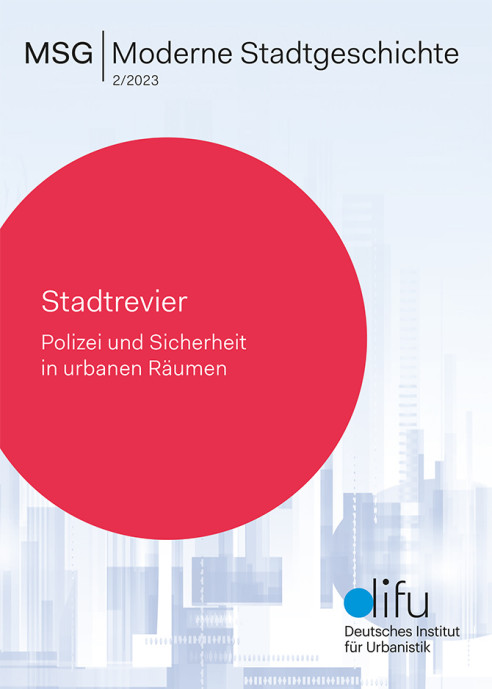Handelsräume der vormodernen Stadt. Raumzeitliche Aspekte des Messehandels am Beispiel der Nördlinger Pfingstmesse
DOI:
https://doi.org/10.60684/msg.v54i2.22Schlagworte:
vormoderne Stadt, Handel, Messehandel, HandelsraumAbstract
Even though medieval and early modern fairs were held for only a very short time each year, such periodic markets nevertheless left lasting traces in the town, e.g. due to the infrastructure required for their repeated implementation. In this exploratory study, by taking the case of the Pentecost Fair of Nördlingen in the 15th and 16th centuries, the special nature of such temporary but in a way also permanent urban commercial area is discussed. The focus is on two spatiotemporal aspects: the topography of the trading area in the town during the fair, and the extent and structure of the interregional trade area related to this fair, that can be reconstructed based on the commercial relationships Nördlingen had with other towns. For this purpose, information on where the merchants trading at the Pentecost Fair were from, recorded the so-called Messestandregister (a register of fair booths), is used to derive in a Multidimensional Scaling a spatial configuration of merchants visiting the fair in the 1440s. Also, both potential and limits of this serial source for such a spatiotemporal analysis are discussed.
Downloads
Veröffentlicht
Ausgabe
Rubrik
Lizenz
Copyright (c) 2023 Ulf Christian Ewert

Dieses Werk steht unter der Lizenz Creative Commons Namensnennung 4.0 International.






